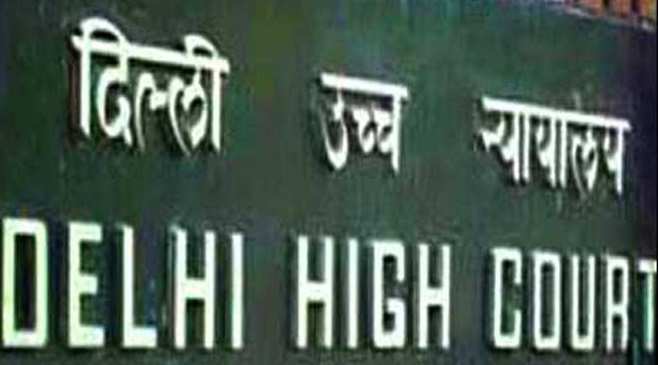Delhi High Court has now extended the ambit of e-filing to arbitration cases. Vide a Notice dated 16.01.2015, Delhi High Court has notified that the Chief Justice Ms. Justice G. Rohini has directed that with effect from 2 February 2015, all pleadings and documents of arbitration jurisdiction shall mandatorily be electronically filed through the e-filing method only. No other mode of filing such cases would be accepted. Previously, e-filing was made compulsory for company and tax jurisdiction cases since October 2013. Now, arbitration cases will also have to be filed compulsorily through e-filing.

The e-filing of all the pleadings and documents of arbitration cases shall have be made at the e-filing Centres of the Delhi High Court (Room No. 4, Ground Floor, Lawyers’ Chamber Block – 1 and New Original Side Filing Centre, Ground Floor, Lawyers’ Chamber Block – 1, Delhi High Court). Notice of the High Court can be seen here.
Delhi High Court was the first of its kind in the country to introduce e-filing system. The e-filing system was inaugurated on 25 October 2013 by the then Chief Justice of India P. Sathasivam, who is now the Governor of Kerala [also see: Appointment of former CJI as Governor of a State – Implications]. This e-filing system was initially made applicable to only matters relating to Company and Tax jurisdiction. At first, this system was not mandatory, however, vide its circular dated 7 November 2013, e-filing of Company and Tax matters was made compulsory by Delhi High Court and it was specifically mentioned that any other mode of filing of the above cases would not be accepted by the registry after 11 November 2013.
After more than one year of introduction of the e-filing system in Company and Tax matters, which has turned out to be a success, Delhi High Court has now decided to extend e-filing to matters relating to arbitration jurisdiction as well. The procedure for e-filing of arbitration cases will be governed by the same e-filing Practice Directions that were issued on 23 October 2013. These directions include detailed instructions about the page layout settings, font settings, file format (PDF), the steps for creating such a soft copy, the requirement of a digital signature, manner of paying the court fees, etc. (see here).
The introduction of the system of e-filing of cases is in pursuance of the national pilot project of the Union Ministry of Law and Justice which aims at establishment of e-courts. E-filing has a lot of advantages. Apart from being environment friendly and saving tons and tons of paper, it would also help the entire system by making it easier, efficient and faster. In addition, a lot of space of the court premises used in storing all files (approx. 2 lakh square feet of space!) would get cleared up.
E-filing would mean that the advocate or a party-in-person would now have to file a soft copy of the file in PDF Format which would include in it a word document of the original file (merged into the main PDF file) and also scanned copies of certain documents such as affidavit, vakalatnama, certified copy of documents, etc.
For the purpose of e-filing, the lawyer or the litigant-in-person concerned will be required to purchase a digital signature. The list of licensed Certifying Authorities for such digital signature is available on the website http://cca.gov.in.
About 7 crore pages of documents were digitized at the time of introduction of the e-filing system in the Delhi high Court, which it shows the enormity of the task and also the saving to the environment.

